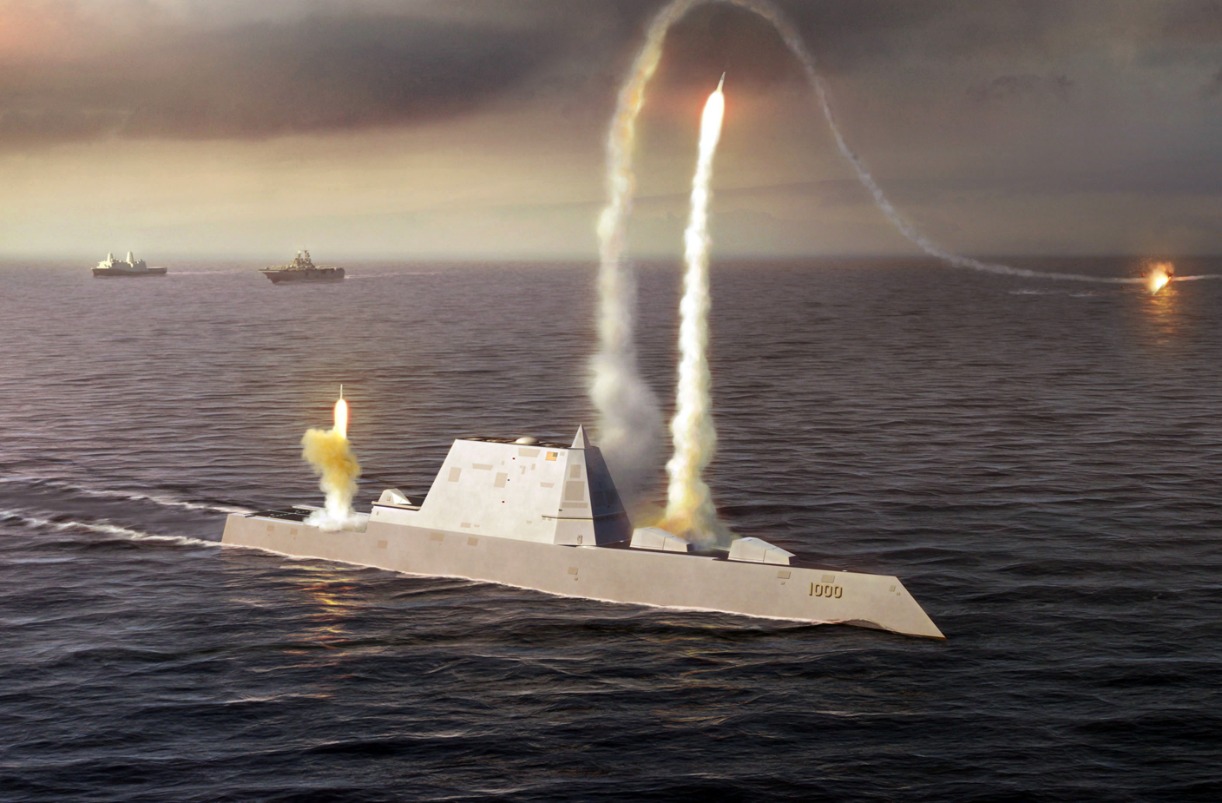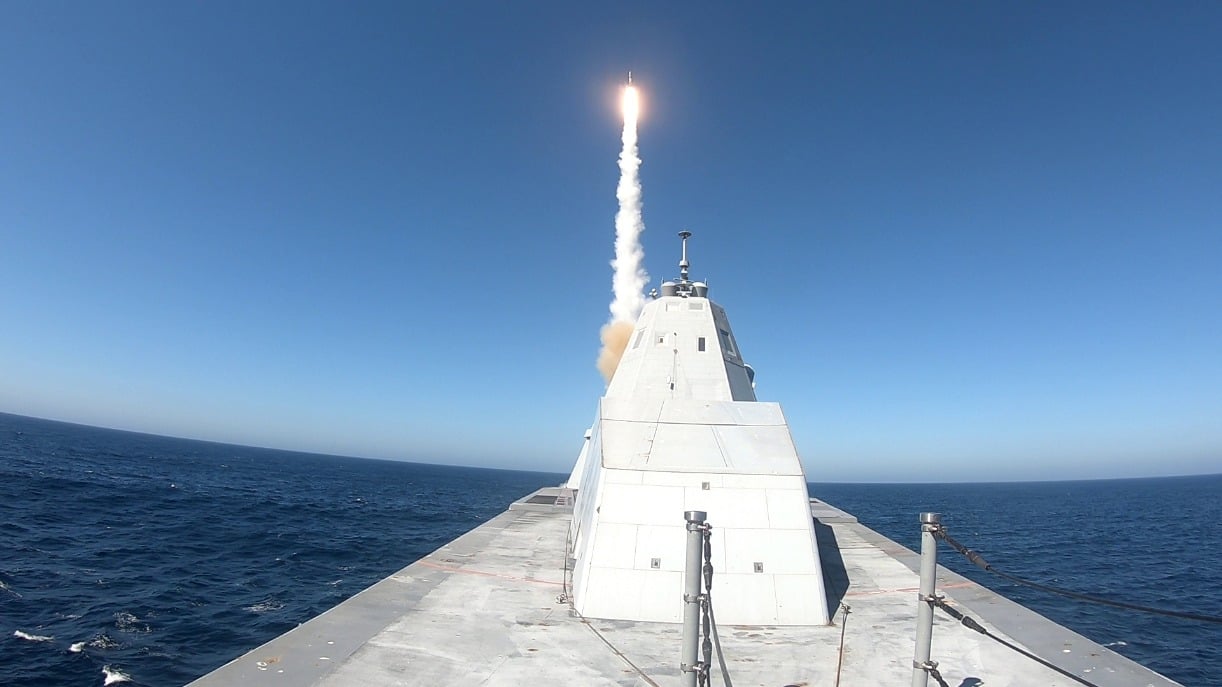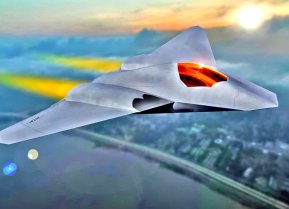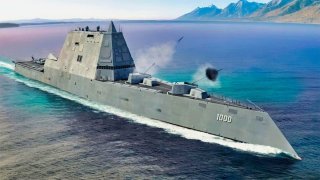China Will Defeat America If They Blockade Taiwan
Many experts argue that China is preparing to seize Taiwan, driven by economic, geopolitical, and historical motivations. The CCP views Taiwan's annexation as a way to solidify its dominance in the Indo-Pacific and erase the legacy of the Chinese Civil War.
Key Points: Many experts argue that China is preparing to seize Taiwan, driven by economic, geopolitical, and historical motivations. The CCP views Taiwan's annexation as a way to solidify its dominance in the Indo-Pacific and erase the legacy of the Chinese Civil War.
Why We Should Worry: While the Pentagon suggests a possible conflict by 2027, China may act sooner, likely employing a blockade strategy rather than a full invasion. A blockade would choke off Taiwan, disrupt its military and communications, and potentially deter international intervention.
Bottomline: If successful, this move would mark the end of the U.S.-led global order and the rise of a new, China-dominated era.
Will China Use a Blockade to Conquer Taiwan?
China wants Taiwan. This is as much about economics and geopolitics as it is about historical grievance. When these all move in the same direction, you’ve got yourself a very strong and dangerous motivator for powerful actors to behave belligerently, especially when both Beijing and Washington are no longer on the same page diplomatically.
For China, conquering Taiwan not only gives them economic and geopolitical advantages over their rivals, but it allows for the Chinese Communist Party under President-for-life Xi Jinping to finally declare that the dangers posed to them by Taiwan’s “splittism” have been put to bed. It would be a clear announcement to the world that, indeed, a new world order had been birthed – a world order in which the CCP stood as the dominant power in the economically dynamic Indo-Pacific.
Further, it’d be a world order in which the CCP could claim ultimate legitimacy both at home and abroad for finally having defeated the ghosts of the bloody Chinese Civil War. For the Americans, who have spent so much diplomatic and financial capital on Taiwan’s independence, it would be a severe blow.
Whether it comes in the next six weeks, six months, or six years, China is preparing itself to overwhelm the island democracy of Taiwan militarily. And they will likely win.
The only questions to be answered at this point are: When will they attack? What form will the attack take, as an outright invasion, a blockade, or some combination thereof? And of course, what will the outcome of the pending attack be?
Answering the Right Questions
For the first answer, the Pentagon assumes it won’t be before 2027, if at all. This author is far more concerned China might give it a go much sooner than that, especially as the Americans remain distracted by events elsewhere.
The answer to the second question is a bit more complex, though nonetheless depressing. China has already built up its forces in such a way that they could technically conduct an invasion now and have a decent shot of victory. But perhaps China doesn’t want to go through what will likely be a bloodbath.
A better strategy would likely be a blockade along with cyberattacks to disrupt life on the island and prevent help from arriving, after which China plans to simply walk onto the island once the besieged Taiwanese people have had enough.
Unless the United States is willing to involve itself in a third world war, in which even if the Americans defeated China, it would be a Pyrrhic victory at best under present conditions, the Chinese would likely achieve their aims in annexing Taiwan.
The U.S. Navy is more worried about a possible Chinese blockade than they are about a Gulf War-style air blitz coupled with Normandy-like amphibious landings. The Navy might be onto something.
What a Blockade Looks Like
After all, a blockade would prove devastating to Taiwan. Plus, China’s moves in the South China Sea and East China Sea can be understood in the context of basically choking off the maritime passes that lead to Taiwan as a prelude to a more direct blockade of the island. Before they surrounded Taiwan, though, the Chinese would first need to absorb Taiwan’s outlying Matsu, Kinmen, and Penghu Islands. From there, the Chinese would encircle Taiwan, daring anyone to challenge their blockade.
In the course of their blockade, Chinese forces would likely destroy key Taiwanese naval capabilities and would work assiduously to clip the wings of Taiwan’s American-provided air force. Meanwhile, the country will be smothered by debilitating cyberattacks and likely disruptions to the electromagnetic spectrum.
At the same time, the island will be deprived of access to the rest of the world, both literally and metaphorically. During this time, there will likely be confusion and consternation among Taiwan’s allies as to what to do.

It is possible that Japan will directly intercede on behalf of Taiwan, forcing America’s reluctant hand, as the Americans and Japanese share a mutual defense treaty. Then again, even if the Americans wanted to get involved, the nature of China’s defenses surrounding the area with their anti-access/area-denial (A2/AD) capabilities would likely negate the ability of the expeditionary U.S. military to reliably project power.
The goal for China would be to keep the U.S. military just over the horizon long enough for the Chinese to achieve their goal: overthrowing the government of Taiwan and absorbing it into their budding co-prosperity sphere. And with China’s growing A2/AD capabilities, their counterspace assets and their cyberwarfare capacities, Beijing just might be able to achieve their goal.
The balance of power in the Indo-Pacific has shifted away from the United States and toward China in the last decade. Should Beijing opt to hit Taiwan now with a blockade, they will be able to do so. China will likely be victorious.
Once that happens, the U.S.-led world order that has persisted since 1945 will be dead. A new, messier, inherently anti-American system that is dominated by the Eurasian autocrats will arise in its place.

Author Experience and Expertise: Brandon J. Weichert
Brandon J. Weichert, a National Interest national security analyst, is a former Congressional staffer and geopolitical analyst who is a contributor at The Washington Times, the Asia Times, and The-Pipeline. He is the author of Winning Space: How America Remains a Superpower, Biohacked: China’s Race to Control Life, and The Shadow War: Iran’s Quest for Supremacy. His next book, A Disaster of Our Own Making: How the West Lost Ukraine, is due October 22 from Encounter Books. Weichert can be followed via Twitter @WeTheBrandon.
All images are Creative Commons or Shutterstock.


